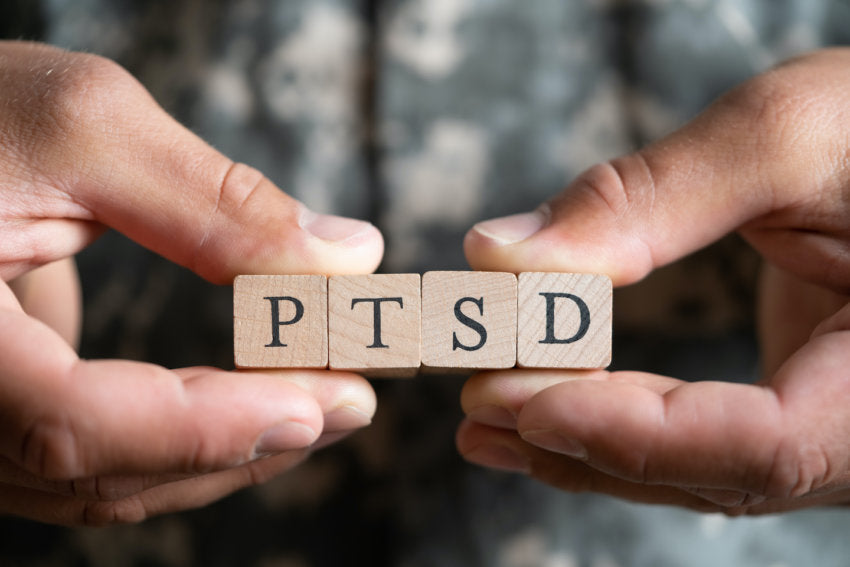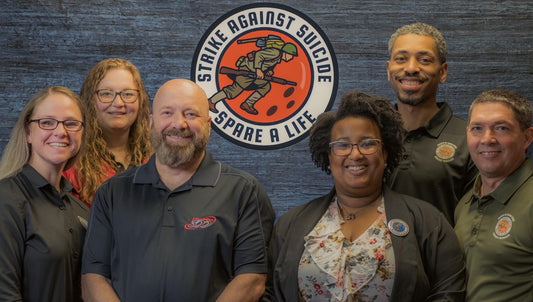Fact: PTSD Can Affect Anyone
Myth: Only military personnel get PTSD.
While it’s true that PTSD is often associated with military service members due to their exposure to combat, this condition can affect anyone who has experienced or witnessed a traumatic event. Natural disasters, serious accidents, terrorist attacks, sudden death of a loved one, and personal assaults like rape can also trigger PTSD.
Fact: PTSD Symptoms Can Vary Widely
Myth: PTSD symptoms appear immediately after the trauma.
PTSD symptoms can develop at any time, from within a month to several years after the traumatic event. The symptoms can also vary greatly among individuals. Common symptoms include flashbacks, nightmares, severe anxiety, and uncontrollable thoughts about the event. However, not everyone with PTSD will have the same symptoms or experience them with the same intensity.
Fact: PTSD Is a Treatable Condition
Myth: PTSD is a life sentence.
While PTSD can be a chronic condition, it is treatable. Various therapies, including cognitive-behavioral therapy (CBT), eye movement desensitization and reprocessing (EMDR), and medication, have been shown to be effective in reducing symptoms. Many people with PTSD can recover and lead fulfilling lives with appropriate treatment and support.
Fact: Seeking Help is a Sign of Strength
Myth: People with PTSD are weak or should just "get over it."
This myth is particularly harmful and stigmatizing. PTSD is a serious mental health condition, not a sign of weakness. Seeking help for PTSD, or any mental health issue, requires courage and strength. It’s important to support those who seek treatment and to encourage a compassionate understanding of mental health.
Fact: PTSD Affects Physical Health Too
Myth: PTSD only affects mental health.
PTSD can have profound effects on physical health as well. Individuals with PTSD may experience chronic pain, heart disease, respiratory issues, and other physical ailments. The stress and anxiety associated with PTSD can also lead to substance abuse as individuals attempt to self-medicate, further complicating their physical health.
Fact: Social Support is Crucial for Recovery
Myth: Individuals with PTSD should be left alone to deal with their issues.
Isolation can exacerbate PTSD symptoms. Social support from family, friends, and support groups plays a critical role in the recovery process. Being there for someone with PTSD, offering understanding and encouragement, can make a significant difference in their ability to cope and recover.



